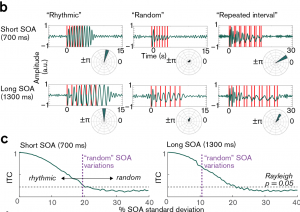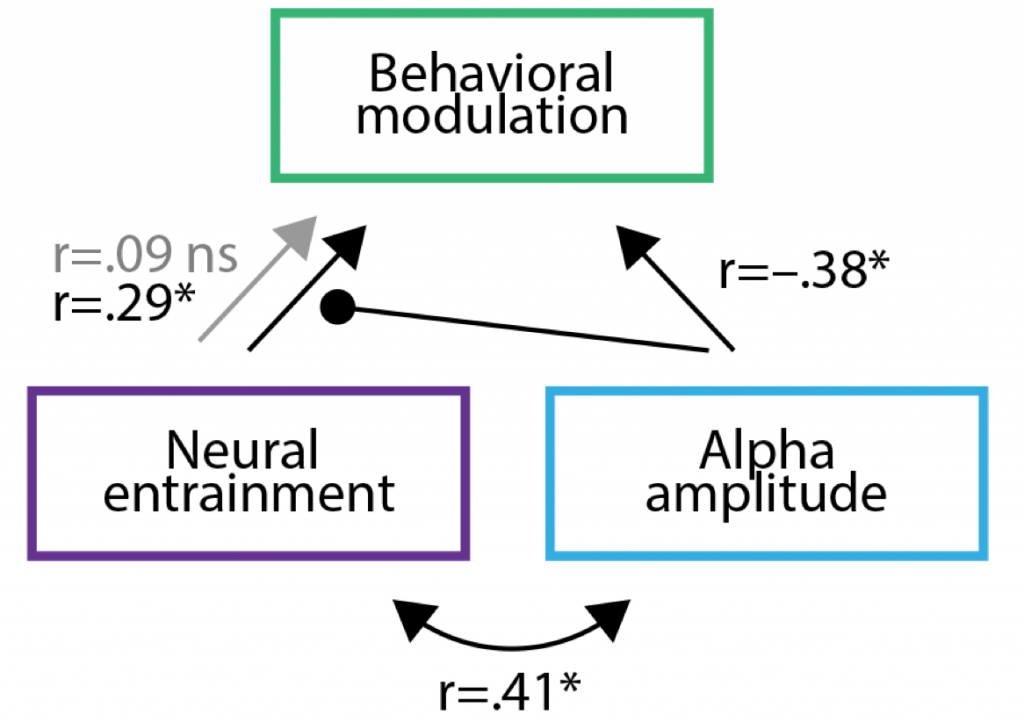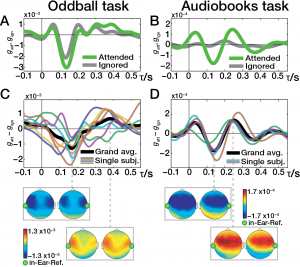Postdoc position in the Obleser lab, in the ERC-funded project “Audadapt” — deadline for applications very soon! (Nov 30 2017). Check out all applications details here!
Author: Jonas
SNAP 2017 — Timetable now online!
SNAP 2017 is drawing closer. Get ready and take a look at the program:
Will be at the Society for Neuroscience Meeting next week in DC? Come find us in the Wednesday afternoon session with a bunch of (we think) very cool attention-related posters (Poster boards UU42–UU46):
804.06. Auditory attention and predictive processing co-modulate speech comprehension in middle-aged adults
*S. TUNE, M. WÖSTMANN, J. OBLESER;
804.05. Implicit temporal predictability enhances auditory pitch-discrimination sensitivity
*S. K. HERBST, M. PLÖCHL, A. HERRMANN, J. OBLESER;
804.09. Are visual and auditory detection performance driven by a supramodal attentional rhythm?
*M. PLOECHL, S. KASTNER, I. C. FIEBELKORN, J. OBLESER;
804.08. Spatio-temporal expectations exert differential effects on visual and auditory discrimination
*A. WILSCH, J. OBLESER, C. E. SCHROEDER, C. S. HERRMANN, S. HAEGENS
804.07. Transcranial 10-Hz stimulation but also eye closure modulate auditory attention
*M. WÖSTMANN, L.-M. SCHMITT, J. VOSSKUHL, C. S. HERRMANN, J. OBLESER
My colleagues and collaborator Peter Lakatos and Molly Henry and I took to our desks and Matlab consoles, when Assaf Breska and Leon Deouell came out earlier this year with their paper in Plos Biology.
We had a few things to say about what we then perceived as a rather pessimistic assessment of neural entrainment. However, since then a great and quite frutiful discussion has emerged, now published in Plos Biology:
Meanwhile, Breska and Deouell added some more behavioural data and replied to us (now also published).
— Enjoy!

Come and see our very first auditory cognition newsletter. From now on we want to present impressions of our latest work and results twice a year. In the interview section you also have the chance to learn more about our members.
Please note: As the newsletter also reaches our participants it is written in german.
SNAP2017 drawing closer!
Save your slot at the SNAP2017 workshop in Lübeck (December 8–9). Registration is available at snap.obleserlab.com and will end soon! A first line-up is already live. Submission deadline for the Posters will be July 31st, acceptance notifications will be sent out in August 2017.
The workshop will bring together, for two days of science, about 12 international speakers on neuroscience, psychophysics and engineering perspectives on processing degraded sound and speech.

Here comes a new paper in Nature Communications by former AC postdoc Molly Henry, with former fellow postdoc AC alumnus Björn Herrmann, our tireless lab manager, Dunja Kunke, and myself! It is a late (to us quite important) result from our lab’s tenure at the Max Planck in Leipzig,
Henry, M.J., Herrmann, B., Kunke, D., Obleser, J. (In press). Aging affects the balance of neural entrainment and top-down neural modulation in the listening brain. Nature Communications.
—Congratulations, Molly!
Towards a brain-controlled hearing aid: PhD student Lorenz Fiedler shows how attended and ignored auditory streams are differently represented in the neural responses and how the focus of auditory attention can be extracted from EEG signals recorded at electrodes placed inside the ear-canal and around the ear.


